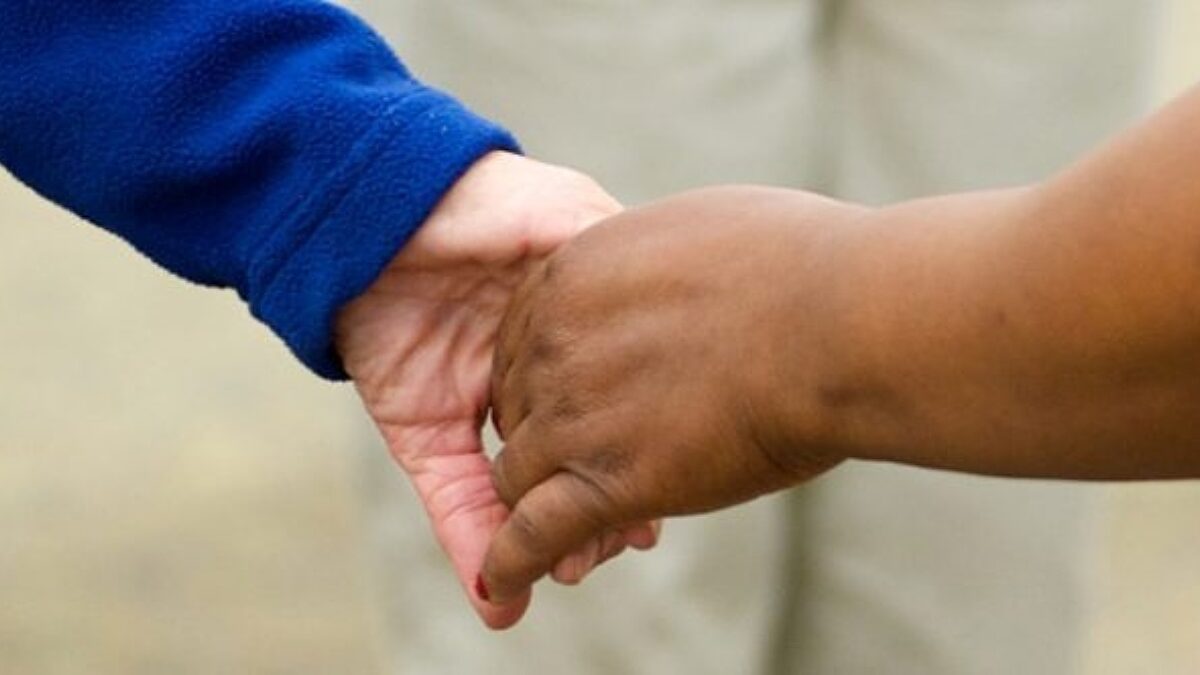
Nothing could be plainer
By Bishop L. Jonathan Holston
“Peter fairly exploded with his good news: ‘It’s God’s own truth, nothing could be plainer: God plays no favorites! It makes no difference who you are or where you’re from—if you want God and are ready to do as he says, the door is open. The Message he sent to the children of Israel—that through Jesus Christ everything is being put together again—well, he’s doing it everywhere, among everyone.’”—Acts 10:34-36 (The Message)
Marie Curie said it this way: “Nothing in life is to be feared, it is only to be understood. Now is the time to understand more so that we may fear less.”
Some of the most frustrating times in life come when we desperately need understanding and we cannot find it. Think about it this way. What happens when you are in a serious disagreement with someone or some group on some issue of concern? You find yourself rehearsing speeches in your head. You play out different scenarios in your mind and think of clever things to say. One of the reasons we do this is the need for people to understand our point of view.
Another aspect of life I have come to understand is the realization that racism is not an individual issue. It is a communal problem. Activist Amanda Barclay describes the struggle of talking about racism as “trying to explain how to breathe to another human when one is already breathing. What (do you) say that will trigger that ‘Aha’ moment, bringing others into awareness?”
So, the question becomes—why is it so uncomfortable to talk about racism?
I believe that this is a conversation we fear on all sides. It is difficult to talk about racism because we are most comfortable talking to only the people we want to talk to, those with whom we can instantly find commonality. That great writer named “anonymous” once said, “We are faced with a series of great opportunities brilliantly disguised as impossible situations.”
We are “fix-it” people, but there is not a quick fix for racial reconciliation. In order to address the issues of concern, we have to deepen our spiritual understanding as well. As we grow in deepening our faith, it allows us to deal with the fragility of our own existence. When the issues seem too overwhelming, and we wonder what we can do about it anyway, we must begin with our own sense of faith.
Prior to serving in South Carolina, I was appointed to pastor a predominantly white congregation in an affluent Atlanta neighborhood. It was while here that I traveled with the youth to Lake Junaluska for their confirmation retreat. On the way home, we stopped at a restaurant. Our waiter studied the group, instantly recognizing that I did not look like the others. It was then that the question was asked, “Are you the bus driver?” I responded that no, I was actually the pastor. The waiter was embarrassed, but his generalization prompted further discussion at our table.
The youth were surprised to learn I had to deal with such judgments and assumptions. Witnessing my experience taught them the importance of making an effort to get to know others rather than simply assuming that you know their circumstances.
I believe that God has not given up on us even though we may have given up on each other. The question is how do we have “inclusive dialogue” when others are in the room?
Professor and author Dr. Robin DiAngelo points out that there are many who have never personally experienced what it is like to be instantly judged, questioned or seen as being less than because of the color of their skin. Most can never fully understand what it is like to live through that in any measure day in and day out. This “race-based stress” takes a physical, mental and emotional toll, and that uncomfortable reality is an important acknowledgement on the road to reconciliation. And so, we listen.
So, I offer a path to possible dialogue. First, be real. Listen with authenticity to the stories that need to be shared. Second, speak with integrity about what truly matters. Third, be innovative. Act with intentionality to hear the truth of history and heritage from all sides of the discussion.
To make space for this dialogue it is necessary to show up. Serving together, working together side by side toward a common goal is the most natural way to identify our commonalities and differences. Through our shared interests and mission, we can continue to tear down the walls built on the color of one’s skin rather than the content of our character. It is an uncomfortable journey, but as people of faith we trust that it will lead us to God’s own truth.